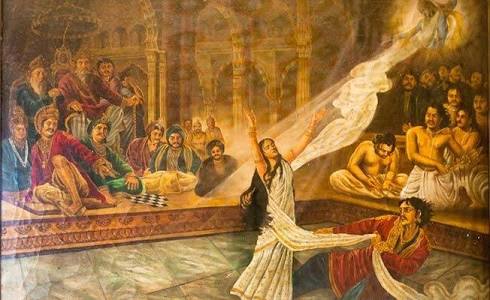Bollywood movies take inspiration from real life but commits mistakes as well. People take the liberty of imitating anything from Bollywood which they need to careful about.
It is widely acknowledged that art imitates life. Movies as art forms constitute a big part of our lives. Movies take inspiration from real life whether the genre is comedy, romedy, action or horror.
Over the decades, Bollywood has imitated from life and produced movies like Mary Kom, Guru, Border, Chak de India, No One Killed Jessica and more. By turning a real-life story into a movie, it reaches masses that are free to form their interpretations of the same. Turning a real-life story into a movie gives a personal angle of the story to which people connect.
Some people complain that certain movies paint a rosy picture or don’t portray reality. For instance, the extravagance or grandeur of movies like Dil Dhankne Do or Ae Dil Hai Mushkil don’t lie entirely. To some extent, they showcase the reality of the upper strata or relationships in their crudest form.
On a funny note, Salman Khan’s signature step of Dabaang movie was inspired from his makeup-men or security guards. Movies like Dabaang and Singham try to reinstall our faith in the police force. We often come across similar stories.
To add to the touch of reality, celebrities often shoot on real-life locations and even campuses like Delhi University, IITs or IIMs. It so happens that most of the students seen in such movies are actual students of the institutions.
One of the most heated debates of recent times has been the endorsements of skin-lightening creams. Why does the country require them? It’s because girls are conditioned that beauty is only about fairness. When people started accepting their bodies, Bollywood changed its perspective too.
There are numerous instances that people imitate Bollywood as well and I don’t just mean clothes. Smoking is often portrayed in the movies as cool which the youngsters have adopted too. People are made to believe that drinking alcohol helps in solving problems but it never does. Bollywood movies often validate stalking of women by whistling or passing lewd comments. It even normalizes the fact that pursuing a woman aggressively will make her fall in love with you but all these notions are so incorrect.
There have been incidents in the past when young kids would imitate movie stunts endangering their lives but such things have finally stopped. But people often take inspirations from Bollywood movies to plan and execute thievery or even murders.
Both Bollywood and people need to be careful of what they portray and imitate.
Feature Image Credits: The Edge
Prachi Mehra
[email protected]










